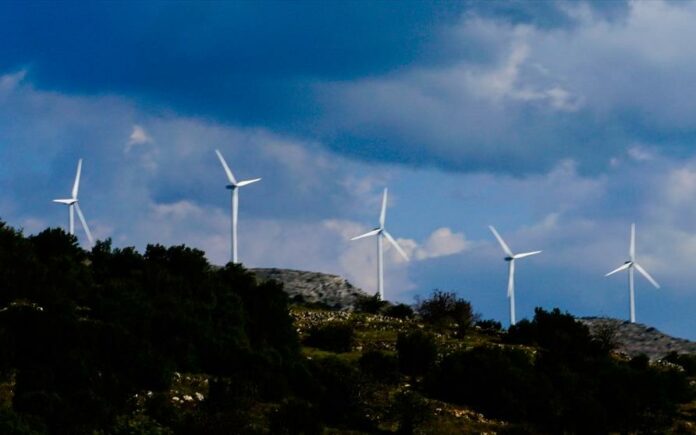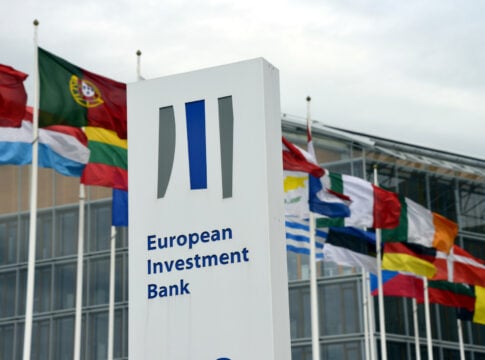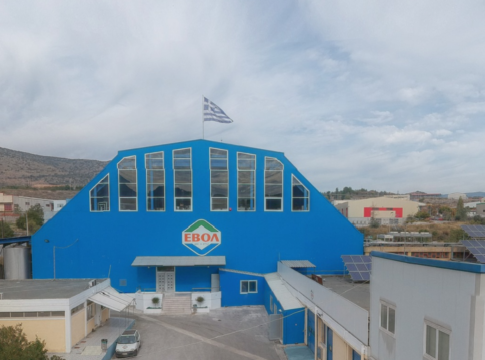The fields of energy cooperation between the two countries are expected to be discussed – among other things – during the meeting between Greek Prime Minister Kyriakos Mitsotakis and Turkish President Recep Tayyip Erdogan in Ankara.
During the greeting addressed by Turkey’s Energy and Natural Resources Minister, Alparslan Bayraktar, to the first Greek-Turkish energy forum organized at the end of April in Istanbul at the initiative of the Institute of Energy of South East Europe (IENE), he spoke of a “new era of opportunities in industry between the two neighboring countries.”
As an example of joint actions that the Turkish side wishes to promote, he specifically mentioned the second electrical interconnection between Greece and Turkey, for which a Memorandum of Understanding was signed between IPTO and the Turkish Transmission System Operator TEIAS last December, on the occasion of the visit of Erdogan in Athens.
This is a project that is expected to increase the transmission capacity between the two countries by 600 MW in both directions, while strengthening the relatively weak connection of the European transmission system with the large-scale system of Turkey.
This interconnection together with a new interconnection between Turkey and Bulgaria are a key part of the Eastern Balkans Electric Corridor that will allow more renewables to penetrate the region, helping to decarbonize it.
Energy Exchanges, Henex and EPIAS
The electricity and natural gas systems of Greece and Turkey have already been strongly interconnected for decades. The first electric interconnection – between New Santa and Babaeski – has a transmission capacity of 2,000 MVA. A 280 km long natural gas pipeline connects Komotini with Karacebe, Turkey, through which DEPA Commerce imports approximately 0.75 billion cubic meters of natural gas per year from Turkey’s Botas.
The export capacity of the interconnection point of the Natural Gas Systems of Greece and Turkey has increased to 1.7 billion cubic meters per year, which exceeds Botas’ current exports to Greece. The existing interconnections create opportunities for cooperation between the Energy Exchanges of Greece and Turkey (Henex and EPIAS respectively), with the creation of common products.
From Ankara’s side, it is announced that regional cooperation is a priority and a prerequisite for the decarbonization of the wider region of Southeast Europe and for the electrification and digitization of energy systems. According to an IENE study, Turkey had an electricity production capacity of 105 GW in 2023, which makes it the sixth largest market in Europe and the 14th in the world. 56% of the neighboring country’s electricity generation comes from clean sources (wind, photovoltaic, hydroelectric, geothermal, biomass).
Offshore wind farms
Opportunities for partnerships also appear in the Offshore Wind Farm sector, given the ambition of both Greece and Turkey to “unlock” their potential.
Turkey has recently strongly reacted to the Greek announcement to create a marine park in the southern Aegean.
At the same time, the recent participation of ELETAEN officials in a special event of the Turkish Association of Offshore Wind Energy DURED that took place in Izmir demonstrates the will of the representatives of the sector in Greece to open lines of communication between the two countries.














